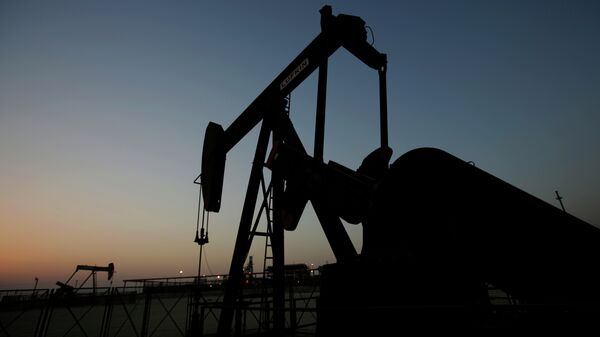In an interview with RT, financial consultant Patrick Young said that the time of cartel-like organizations like OPEC was running out as the rising volume of shale oil and gas production was making it hard for the traditional oil producers to keep the prices up.
The Middle East has turned into a battlefield between Saudi Arabia and its regional foe, Iran. Rejecting a more practical oil extraction roadmap, the Saudis refused to freeze their oil output in a clear challenge to other OPEC members, Young said.
“We expected a deal between the Saudis and Russia, but it looks like Riyadh is not ready to move forward as it remains at loggerheads with Tehran. Iran, for its part, wants to earn as much as it can from its oil export after the lifting of the international sanctions. Which means that in the next three or four months we are going to see the oil prices going up and down,” he added.
Following the conclusion of Sunday’s discussions, Russian Energy Minister Alexander Novak said that the talks had failed after Saudi Arabia, the United Arab Emirates, Kuwait and Qatar suddenly changed their position on the proposed freeze.
Novak told reporters that the “door is not closed” to future cap talks, but “Russia won’t be as optimistic as before.”



